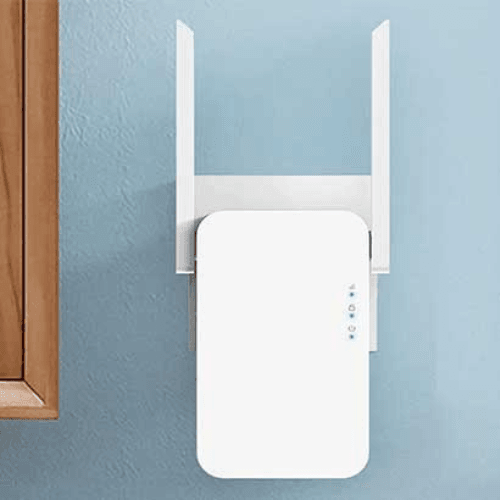A VPN (Virtual Private Network) is a security and privacy technology used by many people on the internet. However, one thing I am sure of is that anyone who has ever used a VPN must have experienced a slight fluctuation in their internet speeds. This variation in internet speeds has nothing to do with the brand of the VPN provider but rather with multiple different factors.
Typically, in my experience, I have usually faced a slight reduction in my internet speed (5 to 6 percent) however, your results could vary, but just for the reference, I got this result from my NordVPN evaluation.
Under normal conditions, a VPN should neither boost nor throttle bandwidth; however, in some cases, you might even experience a boost in internet speed.
For instance ever since the Federal Communications Commission (FCC) went forward with the net neutrality rules permitting ISPs to actively throttle bandwidths for their own profits, more and more people in the United sated are opting for VPN services.
The reason for this is unless ISPs know what you are doing; they do not have a reason to fluctuate your speed. This is probably the number one reason why some people experience a boost in intent speed with a VPN.
One thing to bear in mind is that sometimes ISPs deliberately mess with your bandwidths. Internet service providers often use the oldest marketing trick in the book, to get users to shift to their premium subscription plans, however not all providers do this.
One of the reasons why internet speeds get throttled is due to various encryptions tunnels. All of your data and server requests need to pass through this encrypted tunnel. This is done to make your internet browsing more safe and secure.
However, this is not a definitive source for throttled bandwidth.
Before we delve down into the factors that affect VPN speeds, it is best that you verify your internet bandwidth prior to connecting to a VPN client. This is important since ISPs (internet service providers) typically throttle your guaranteed bandwidths throughout the day for load sharing purposes.
A slow internet connection combined with a VPN is definitely a recipe for disaster.
Check your Internet Speed
To verify your internet speed, simply use any online bandwidth checker like Speedtest.net just make sure you disconnect the VPN service before you begin the test.
The test only takes a minute or two and provides you with results containing your download and upload speed along with ping. You can use this information to verify any latency with your internet connection. Always make sure you are getting what you have paid for, contact your local ISP usually resolves this issue rather quickly.
So why do you occasionally get slow speeds through VPN?
When you connect to a VPN server and occasionally suffer from fluctuating bandwidth then there could be a number of factors at play. We are going to look at some of them below.
VPN Server Location
Your VPN speed heavily depends on the particular geographical location of the server you connect to, the further you are from the server the slower your speeds are going to be. For instance, if you are residing in the US and connecting to a Canadian server then you will get faster speeds as opposed to if you connect to an India based server.
Encryption
Strong encryption is not necessarily bad; in fact, it is great if you are doing meticulous internet browsing. However, strong encryption mechanisms do tend to make your internet connection slightly sluggish. You can tone down encryption settings through the VPN client.
For instance, for general everyday browsings like Facebook and Google, I switch my encryption protocol from 256 bit to 128 bit, since it is more lenient and help smooth out browsing. However, for banking, I always leave it at 256 bit.
Crowded servers
Crowded VPN servers can result in slower speeds, think of it as a packed motorway during rush hour. VPN servers tend to get crowded during certain hours of the day. Some VPN clients show you the actual load on a server, so in case you are experiencing slow speeds you can simply switch to a different server location.
Wrapping up
Generally, if you are using a premium VPN service then there is a very slight chance that you will face irritable-speed degradation. In some cases, users can even experience a slight elevation in their internet speeds.
However, sometimes you could face throttled bandwidth and the causes that have been discussed in this blog. Overall, I would say based on my experience you should definitely go for a VPN service since the performance degradation is easily weighted out by so many benefits.
Author Bio:
Abdul Rehman is a simple Tech savvy bloke with a neck for writing. Monday to Friday, he enjoys delving down into the inner workings of privacy and security of top-tier VPN providers. Nevertheless, on the weekend he is a bit modest and simply loves spending time with his dog.
Tech content on this site may include contributed articles and partnerships with industry voices. Learn more in our Editorial Policy.





